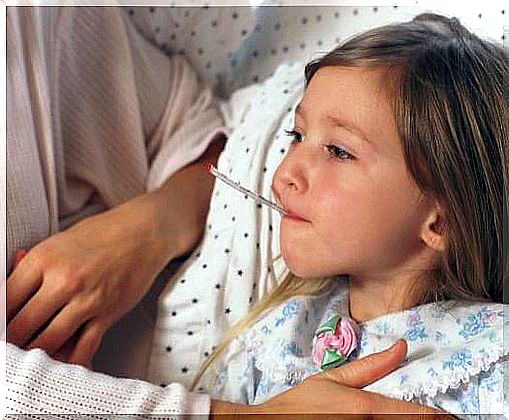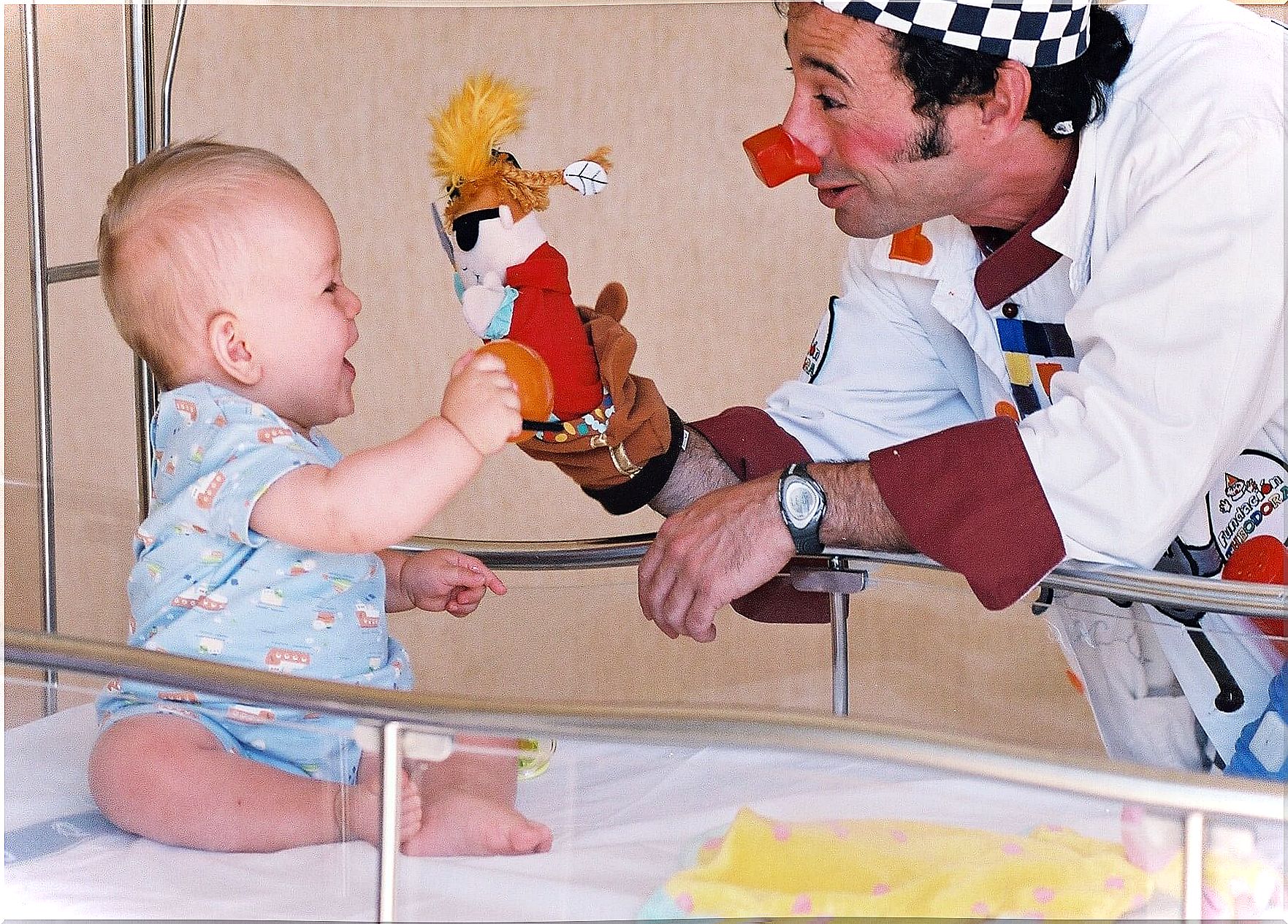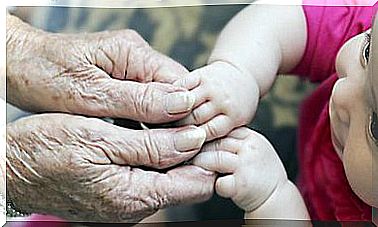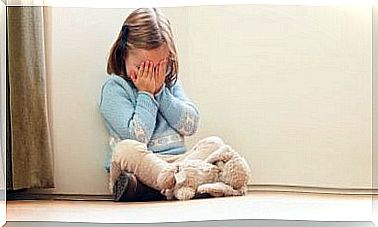Chronic Diseases: Help Your Child To Live With Them

It surely took you by surprise, like a real jug of cold water. Even representing a greater or lesser risk to the life of your child, chronic diseases put the child who suffers it to the test, but also his mother, and even the whole family.
Clearly you did not expect this news and probably at the beginning you are filled with the fear of not being up to the task.
So in this article we enter a little-addressed world, that of chronic diseases, but focusing on changes in habits and how to help our children accept their conditions in order to live with them, without getting frustrated in the attempt. .
Get informed and get rid of your doubts
Your child suffers from one of the chronic diseases that used to move you when it was presented by a child whom you did not even know and you are invaded by a regiment of negative feelings and, especially, a lot of fear for what your little one may face.
No matter how serious it is, from the most “simple” to the most dangerous, chronic diseases appear to us as that staunch, unbeatable enemy, the Goliath of our life and that of our son. However, there is a way to beat it: by looking for data and testimonials.
Always avoiding letting yourself be overcome by adversity, look for information on specialized health portals and newspapers or consult a doctor as many times as necessary. Likewise, there may be groups and associations of patients and relatives with the same condition.
The experience of other people, turned into useful testimonies, can be very useful to prepare you psychologically and to know steps to follow in detail. But keep in mind that each organism and each case is completely different, take it as a simple guide but not as a commandment.
Chronic diseases: The kickoff is acceptance
They have already given you the diagnosis and you have been informed through different sources about the picture that your son presents. A crucial moment arrived: acceptance of the condition. This is, without a doubt, a pivotal moment in that it arms you with the necessary armor to start helping your child as he needs.
Once you accept that what you did not expect is happening anymore and it involves your child, even with all the pain of the soul, you understand that you have to be strong and positive. It is time to learn to live with that which simply, by mere chance or a trick of fate, has to face.
The acceptance process conceals nothing more and nothing less than a tireless battle against fear, that traveling companion not only of the sick person but also of the person responsible for the minor. It is then about neutralizing the fear and minimizing the situation at any cost.

There is no place to feel guilt
One of the common factors that is repeated insistently in any clinic where chronic diseases are reported is that mothers often express feelings of guilt. Well, this feeling in which many mothers are immersed is unconscious and unavoidable.
However, it is obvious that a mother has no responsibility for these problems, be they gastric, coronary, neurological, kidney, liver or lung, among others. This is precisely the point that the mother of the sick child must understand very well.
Don’t ask yourself why, or feel guilty about this pitiful circumstance in life. Clearly, you did not choose it for your son or do anything to make this happen. With these thoughts you only manage to self-immolate, martyr yourself and, with it, resent the family dynamics.
Join forces and explain to your child
Do you want to help your son face his chronic illness like a true Titan? Well, then put your own pieces together, arm yourself and go out to face the game of your life. Because, as stated, these circumstances are part of that group of adversities that put people to the test.
It is time to update your child, considering the best way to explain what it implies for his daily life, if it involves some type of treatment and even if it will be necessary to modify the lifestyle or simply some type of particular habit.
To do this, you can go to animated short films and children’s books that surely specialized associations in the field developed for these purposes. You can even make an appointment with your family doctor so that the child can speak with him without itching, in order to dispel doubts and transmit tranquility.
Modify the necessary habits
Another fundamental aspect to help your child to live with chronic diseases is, mainly, adhere to the treatment and then modify all the necessary habits in order to achieve the well-being of the child.
This step involves taking medications as indicated to making the necessary diets that can help to exterminate discomfort by methodically respecting them. It is also necessary for the child to understand the importance of attending consultations and conducting the requested clinical studies.

And finally, the next step: modifying habits such as eating properly, getting enough sleep, doing physical exercise, handling food and pillboxes when attending meetings and even giving up what is not yet prepared for or the way to deal with it is unknown. .
Positive attitude, key to living with chronic diseases
It seems obvious, but it does not hurt to blame it on a vitally important precept. A positive attitude helps to accept and learn to live with the chronic diseases of children. The strategy is simple: promote a good quality of life and think that living is worth life, not worth it.
What is the benefit of staying positive? Well, nothing more and nothing less than coping with the disease in the best way: with the necessary strength, integrity and courage. And the best of all is that you do not contaminate the home environment with the bad taste of this situation.
In this way, according to specialists on the subject, it is achieved:
- The well-being of the little one and all its surroundings.
- A feeling of satisfaction.
- Promote affective relationships in a positive way as an infallible weapon against any disease.
As the popular saying goes, humor and love heal. Therefore, in case of chronic diseases, it is suggested to diversify the plots of happiness, avoiding putting all the eggs in the same basket. Delve into the different sources of satisfaction of your child to feed his illusion and the desire to live intensely.










